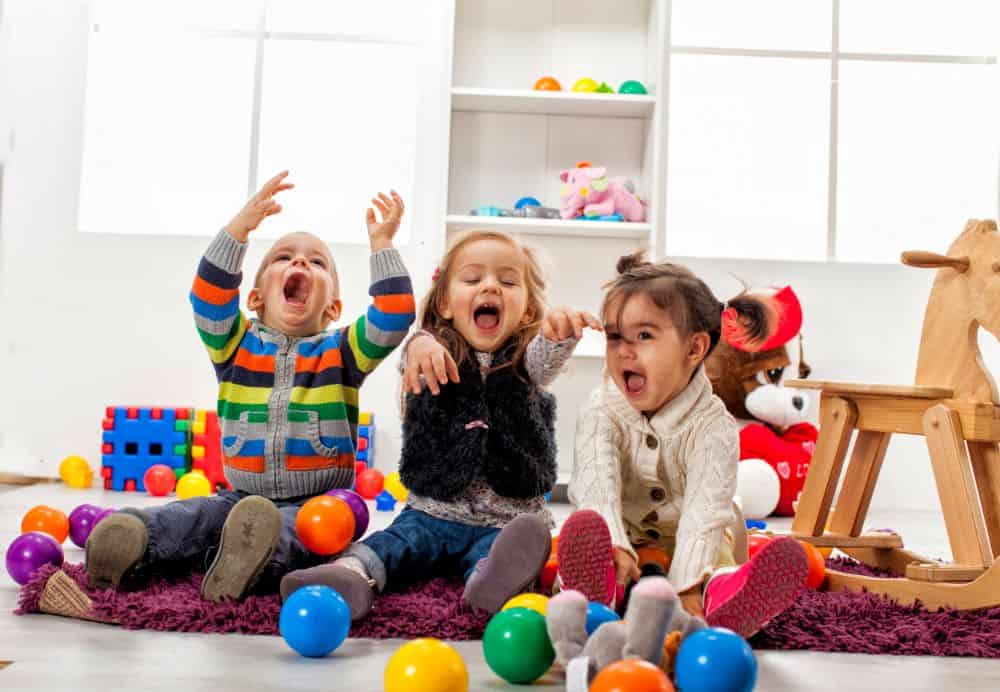👦👧Who are children??👦👧
The behavior of school children is different. There are few children who are learning the same age but can see very different behaviors. It's a common feature.
While most of these behaviors are not so problematic for parents and teachers, we have children who have such behavior.
Decreased risk range, violent behavior, extreme behavior, learning disabilities, socialization problems can be termed as problematic behaviors.
People point their finger to the parents because of this type of children and their behavior. Or the environment in which the child grows up. Many believe that such behavior is the result of parental wrongdoing.
Yeah, it probably is. Because parental love, care, and the child's growing environment are powerful factors in the development of the child.
But the problem is that under the most exemplary parents, such behavior can develop in a child who grows up in a quality environment.
❈Auditory processing disorder❈
We are talking about such problems in children who may later develop behavioral problems and behavioral problems. If we simply explain this. In the classroom, the voice of the teacher is the child's ear. But it travels through the nerves to the brain. Voice recognition and analysis are all done in the brain. This is a simple but concentrated process.
I will explain how this problem affects children's education in five sections.
😮😮😮😮😮😮😮😮
1.Auditory figure-ground problems💥
It is very difficult for such children to concentrate on one thing in loud noises. (Classroom classiness, vehicle noise, bells ringing) It is often difficult for these children to pay attention to teaching activities in the classroom.
😩😩😩😩😩😩
2.Auditory memory problems 💥
The ability to remember the essentials of the ear is different. Any child can forget a certain percentage of something and then recall it later. But the percentage of children with auditory memory problems is higher than the average child.
😤😤😤😤😤
3.Auditory discrimination problems 💥
There are very few words with different meanings in any language, but words with similar voices are common. These children may find it difficult to distinguish such words. This causes a lot of problems both in education life and day to day life.
😒😒😒😒😒
4. Auditory attention problems💥
Such children often find it difficult to pay attention to a person's speech in a lecture. This can lead to problems with design weaknesses and even interconnectivity.
😴😴😴😴
5. Auditory cohesion problems💥
What is happening here is the difficulty of understanding the sound potentials. This can cause difficulties, such as the inability to establish coherence between the interrelated sentences in the class. Usually, five out of every 100 children in the world have been diagnosed with the problem. In a class of forty children, one or two of these children may be diagnosed with the disease. If such children are not diagnosed with the disease and do not seek treatment, it can lead to later learning and behavioral problems.
➻➻➻➻➻➻➻➻➻➻➻➻➻➻➻➻➻➻➻➻➻➻➻➻➻➻➻➻➻➻➻➻➻➻➻➻➻➻➻➻
Therefore, identifying such children and treating them is essential. The cause is a condition that can be cured or managed with the right treatment and training.
The knowledge and support of parents and teachers are essential in dealing with such children.
There are many effective occupational therapies for these children.
💥Environmental modification
💥Sensory integration therapy
💥VR treatment /with auditory trainers
And there are so many other therapies and activities. It helps children with auditory processing disorder to achieve better results.
(See the next article for a detailed description of the above treatments and your contribution as parents and teachers.)














